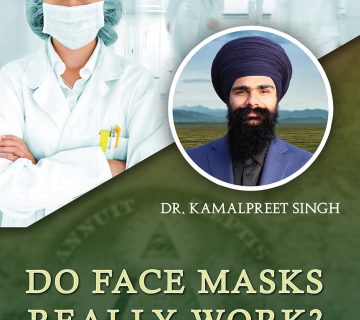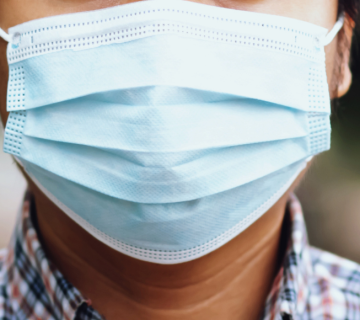Do Face Masks Expire? Everything You Need to Know
Face masks have become a familiar part of life, especially since the COVID-19 pandemic. Whether you’ve got a stash of masks from 2020 or just bought a new pack, you might be wondering: Do face masks expire? It’s a simple question, but the answer isn’t as straightforward as you might think. Some masks come with expiration dates printed on the box, while others don’t. So, what does that date really mean? Can you still use a mask after it “expires”? And how do you store them to make sure they stay effective?
In this deep dive, we’ll explore everything about face mask expiration—from what science says to practical tips for everyday use. We’ll go beyond the basics, uncover new research, and tackle questions that other articles might skip. Let’s get started!

What Does the Expiration Date on a Face Mask Mean?
When you pick up a box of face masks—like N95s, KN95s, or surgical masks—you might notice a date stamped on the side. It could say something like “Expires: 03/2027.” But what does that mean? Is it like milk going bad, or is it more complicated?
The Basics of Expiration Dates
Expiration dates on face masks aren’t about the mask suddenly becoming useless. Instead, they’re tied to how long the manufacturer guarantees the mask will work as promised. This includes things like:
- Filtration efficiency: How well the mask blocks tiny particles, like viruses or dust.
- Fit and seal: Whether the mask still hugs your face properly to keep air from sneaking in.
- Material quality: The condition of the straps, nose piece, and mask fabric over time.
For example, 3M, a big name in N95 masks, says their masks have a shelf life of about 5 years from the manufacturing date—assuming you store them right. But here’s the kicker: that date is more about the company covering its bases than the mask actually “going bad.”
Why Manufacturers Set These Dates
Think of it like a warranty. Companies test their masks to make sure they hold up under certain conditions (like temperature and humidity) for a set amount of time. After that, they can’t promise the mask will perform at 100%. But does that mean it’s trash? Not necessarily! Studies show many masks stay effective way past that date—sometimes even a decade or more.
Real-Life Example
Imagine you’ve got a box of N95s from 2020 with an expiration date of 2025. It’s now March 27, 2025, and you’re wondering if they’re still good. The date’s just a guideline—not a hard stop. We’ll dig into the science next to see what really happens when masks “expire.”

The Science: Do Masks Actually Stop Working?
So, if the expiration date is more of a suggestion, what does science say? Can a mask really lose its power over time? Let’s break it down with some research and real-world insights.
How Masks Are Made
Most disposable masks—like N95s and surgical masks—are made from a special material called polypropylene. This plastic-like fabric is spun into super-thin layers that trap tiny particles. Some masks, like N95s, also use an electrostatic charge to grab even smaller stuff, like viruses. The big question is: Does this material break down over time?
What Studies Show
Researchers have put expired masks to the test, and the results might surprise you:
- A 2021 study by the University of North Carolina and the EPA looked at 3M N95 masks that expired 10 years ago—some made as far back as 2005. They tested filtration and found that even 11 years past expiration, these masks still filtered out over 95% of particles. That’s the same level as a brand-new N95!
- NIOSH (National Institute for Occupational Safety and Health) has also studied this. They found that most N95s keep their filtration ability well beyond the 5-year shelf life, as long as they’re stored properly.
What Could Go Wrong?
While the filter might hold up, other parts of the mask can wear out:
- Elastic straps: These can get brittle or stretchy, making the mask loose and less effective.
- Nose piece: If it bends out of shape, the mask won’t seal as well.
- Moisture or heat damage: If the mask gets wet or sits in a hot car, the material might degrade faster.
Quick Takeaway
Science says the filter in most masks doesn’t “expire” in the way food does. The expiration date is more about the mask’s physical condition than its ability to protect you. So, an old mask might still work great—if it’s been taken care of.





No comment